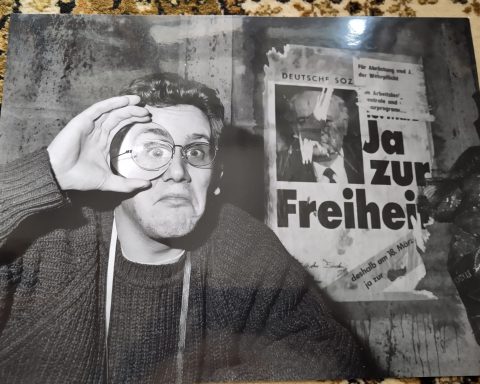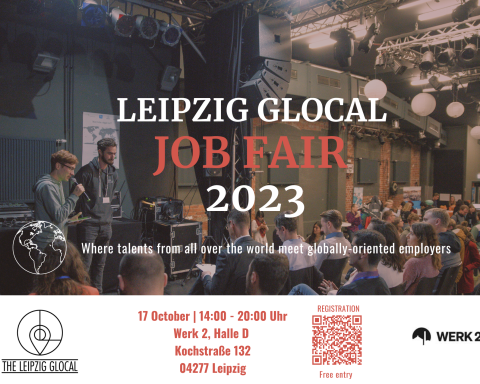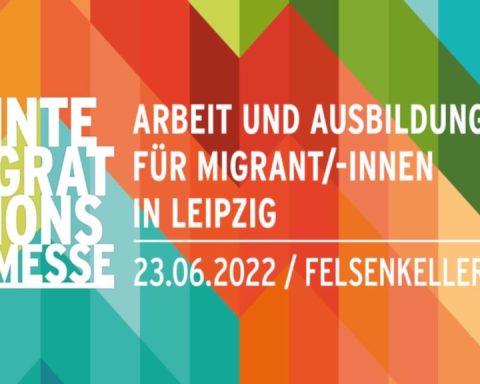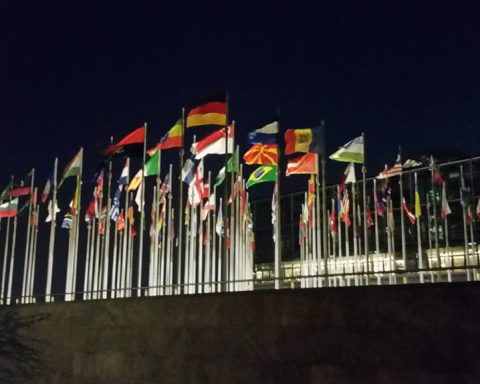After months of liaising with City Councilman Christopher Zenker, lawyer Isabel Fernández de Castillejo found the right moment in February to take her foreign clients’ mounting concerns to Leipzig City Hall. It had been important to wait for the new head of the Leipzig Foreigner’s Authority (Ausländerbehörde) to take over, to then meet with him and the Deputy Mayor for Internal Affairs, Sports & the Environment – and ensure continuity on the matter at hand.
The latter two officials were willing to hear about individual cases claiming unreasonable obstacles at the Foreigners’ Authority, and she hopes to strengthen this collaboration. But the issues are widespread, as Castillejo and Zenker told LeipGlo in an interview: More needs to be done to address them as a whole.
“It became really problematic because of this refugee wave and the AfD,” Castillejo says of the Ausländerbehörde, which she describes as going through waves of more or less leniency in applying immigration law over the years. “Since 2016, they’ve been treating people worse in general. They’re really becoming hard-liners with everyone.”
At the meeting, Zenker (SPD) committed to posing an enquiry and possibly an application to the Leipzig municipal administration: Is the Ausländerbehörde equipped to deal with foreigners as the city grows and diversifies?

“They claimed that it’s only some people who encounter problems with the Ausländerbehörde, but I think the problem lies in the structure,” said Zenker, referring to meeting attendees Heiko Rosenthal (deputy mayor, Die Linke) and Karsten Lauber (head of foreigners’ authority). He added:
Leipzig is only a nice, international city, an intercultural city, precisely because of the foreigners. I think it’s important for us to be open-minded towards people of all countries.
Zenker, head of the SPD fraction, plans to submit the enquiry in April 2019. Questions will include how many employees the Leipzig Foreigners’ Authority has and processing times for applications compared to other German cities. Depending on the results of the enquiry, the SPD fraction could make an application to the city council, asking for further research to be conducted at the municipal level.
An enquiry can be posed by an individual straight to the municipal administration, while an application must be proposed by an individual or party fraction to the city council and get a majority of votes to go through.
The aim of the research would be to determine whether the Ausländerbehörde needs more staff or education and training – including in intercultural communications and languages other than German. The goal would be to complete the research by early 2020, to then come up with recommendations.
Castillejo tells LeipGlo that her immigration and international family law practice, Trans&Law, gets a new foreign, non-asylum-seeking client every two weeks. After asking for testimonials to take to last month’s meeting at city hall, she received between 20 and 30 emails over a two-week period.
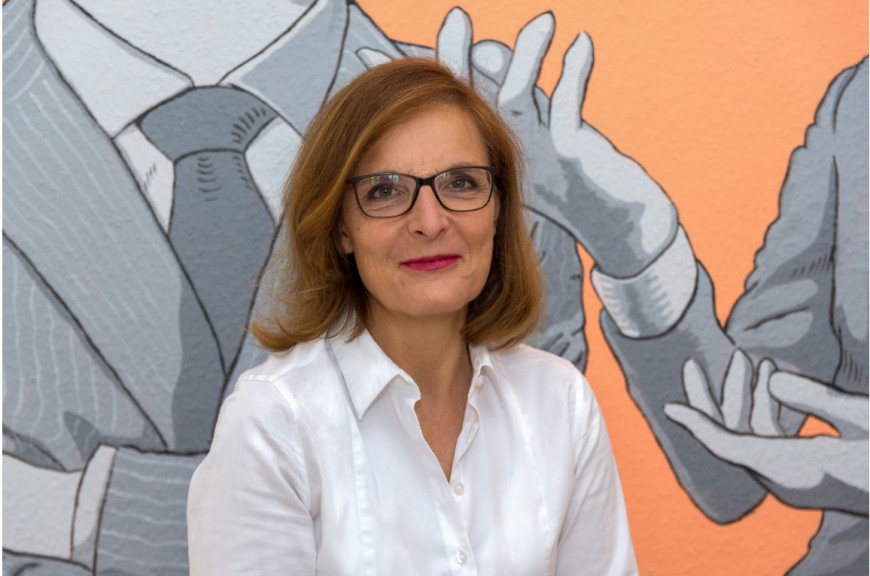
The lawyer acknowledges that it is not every city immigration official who is unhelpful to foreigners. So does the councilman.
Some foreigners have much smoother experiences, with satisfactory treatment from some of these public officials; but as they do not seek out legal assistance, it’s hard for Castillejo to gauge. She and Zenker also share the opinion that Leipzig is losing too many qualified internationals, as cases indicate that it tends to lag far behind western German cities in appropriately processing foreign job-seeker requests and applications.
“If one wants to get a freelance visa, for instance, it gets very complicated and bureaucratic,” she noted.
People move elsewhere over issues that could perhaps be easily solved, the lawyer pointed out. They include PhD graduates who get denied residence permits for not getting a job that pays “enough” or exactly matches what they studied. People who cannot get Leipzig to recognize their titles or professional degrees from outside the EU. Freelance teachers having their visa renewal requests declined due to the overzealous demand of a pension.
Castillejo herself advises some of her clients to move to cities like Düsseldorf or Cologne, when the going gets too tough.
“You will lose taxes, you will lose a lot of intelligent, well-qualified people and won’t be the open city you want or claim to be,” she reflected.
Those news travel fast. People will hear about it and won’t want to come. I’m a Leipziger. It’s really sad to see that.
The lawyer said she thinks some politicians and officials present immigration as a serious problem to use it as a distraction from real problems, such as fair wages, health and environmental degradation. Having a multicultural background herself, Castillejo opened Trans&Law in 2003, and has lived in Leipzig since 1994. The firm’s five team members count seven languages among them.
When asked why foreigners’ issues are important for him and his party, Zenker – who has represented Leipzig’s southern neighborhoods since 2004 and is up for reelection as a councilman in May 2019 – told LeipGlo:
“Without foreigners, I think Leipzig will be a shrinking city. Leipzig needs them economically and academically. The companies need them, as the recent open letter from business owners pointed out.”



